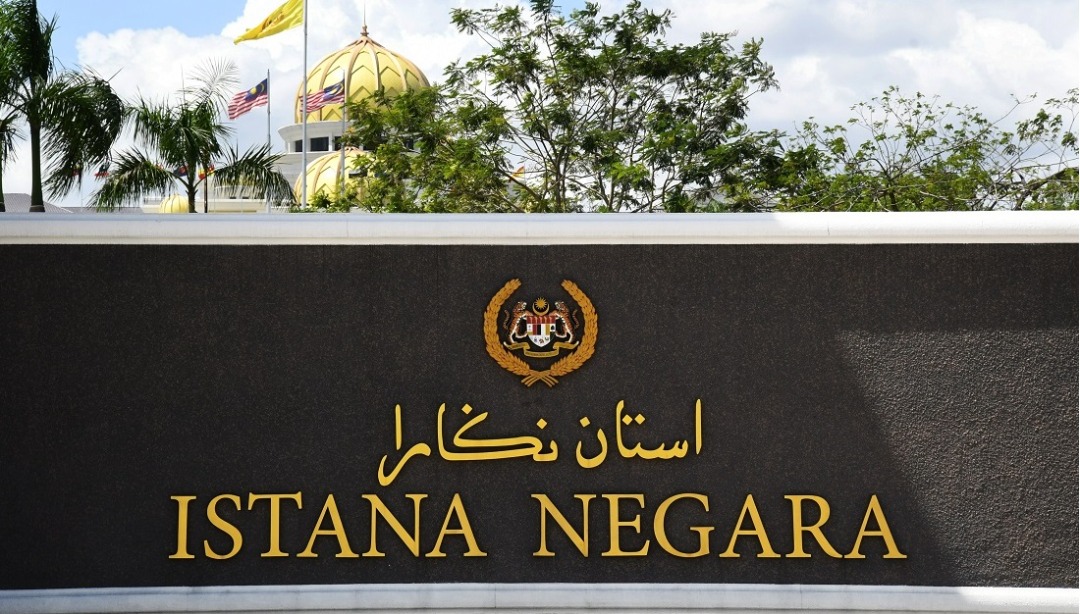
KUALA LUMPUR (June 25): Stressing that Yang di-Pertuan Agong must act on the advice of the Cabinet in exercising his power to convene Parliament as provided for by the Federal Constitution, Attorney-General Tan Sri Idrus Harun said the Emergency Ordinance does not remove this requirement.
Idrus said this in a statement today in response to various parties expressing their views on the matter following the King's recent statement that Parliament must be reconvened as soon as possible.
The AG said Articles 40 (1) and (1A) of the Federal Constitution provide that the King shall receive and act on the advice of the Cabinet or the advice of a minister acting under the general authority of the Cabinet.
The AG added that the position of the King as mentioned in the Federal Constitution had not changed despite the Proclamation of Emergency, citing the judgement of Justice Tan Sri Michael Chang Min Tat in the 1975 case of N Madhavan Nair vs government of Malaysia.
The judgement stated that “the emergency rule which passes the legislative power from Parliament to Yang di-Pertuan Agong has not displaced his position as the constitutional monarch, bound by the Constitution to act at all times on the advice of the Cabinet”.
Pursuant to Article 55 (1) of the Federal Constitution, the power to convene Parliament is allocated to Agong, although the provision to convene Parliament has no effect under Paragraph 14 (1) (a) of the Emergency Ordinance, when a period of emergency is in force.
Paragraph 14 (1) (b) of the Emergency Ordinance provides the power to the King to convene Parliament on the date “as Yang di-Pertuan Agong deems fit”, although still subject to the advice of the Cabinet or a minister acting under the general authority of the Cabinet, and that he shall accept and act in accordance with the advice.
Idrus further said that the powers conferred under the Emergency Ordinance are additional to, and not in lieu of, the powers conferred by or under any other written law in force.
“Pursuant to Sections 17 and 18, Paragraph (1) (b) or any provision in the Emergency Ordinance does not exclude the provisions of the constitutional monarchy principle enshrined in the Federal Constitution, especially Articles 40 (1) and (1A) of the Federal Constitution,” he said.
Moreover, Standing Order 11(2) of the Standing Orders of Dewan Rakyat and Standing Order 10(2) of the Standing Orders of Dewan Negara provide that the prime minister or deputy prime minister shall fix, at least 28 days before the beginning of each term, the dates of meetings for the term and that they can amend the dates set.
“Therefore, in line with the power of the King to convene Parliament in accordance with the advice of the Cabinet, the dates of meetings of Dewan Rakyat and Dewan Negara are also determined by the Cabinet,” Idrus said.
Get the latest news @ www.EdgeProp.my
Subscribe to our Telegram channel for the latest stories and updates
TOP PICKS BY EDGEPROP
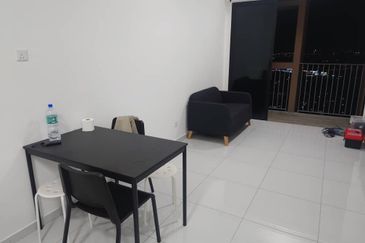
Sky Trees @ Bukit Indah
Iskandar Puteri (Nusajaya), Johor

TriTower Residence @ Johor Bahru Sentral
Johor Bahru, Johor

TriTower Residence @ Johor Bahru Sentral
Johor Bahru, Johor

Taman Bukit Indah @ Iskandar Puteri
Johor Bahru, Johor



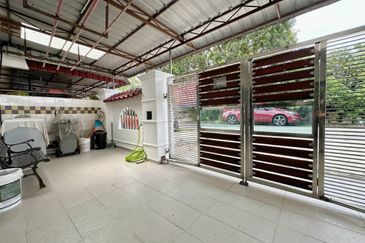
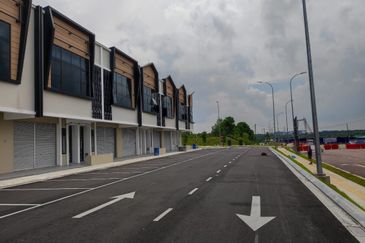
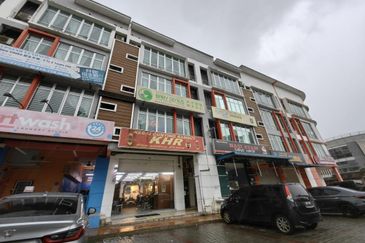


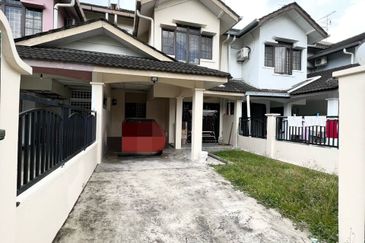

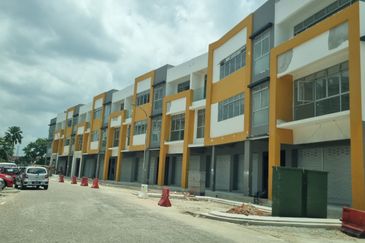





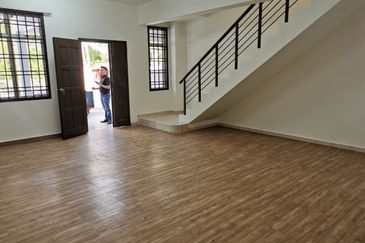
hero.jpg?GPem8xdIFjEDnmfAHjnS.4wbzvW8BrWw)



